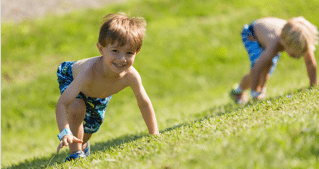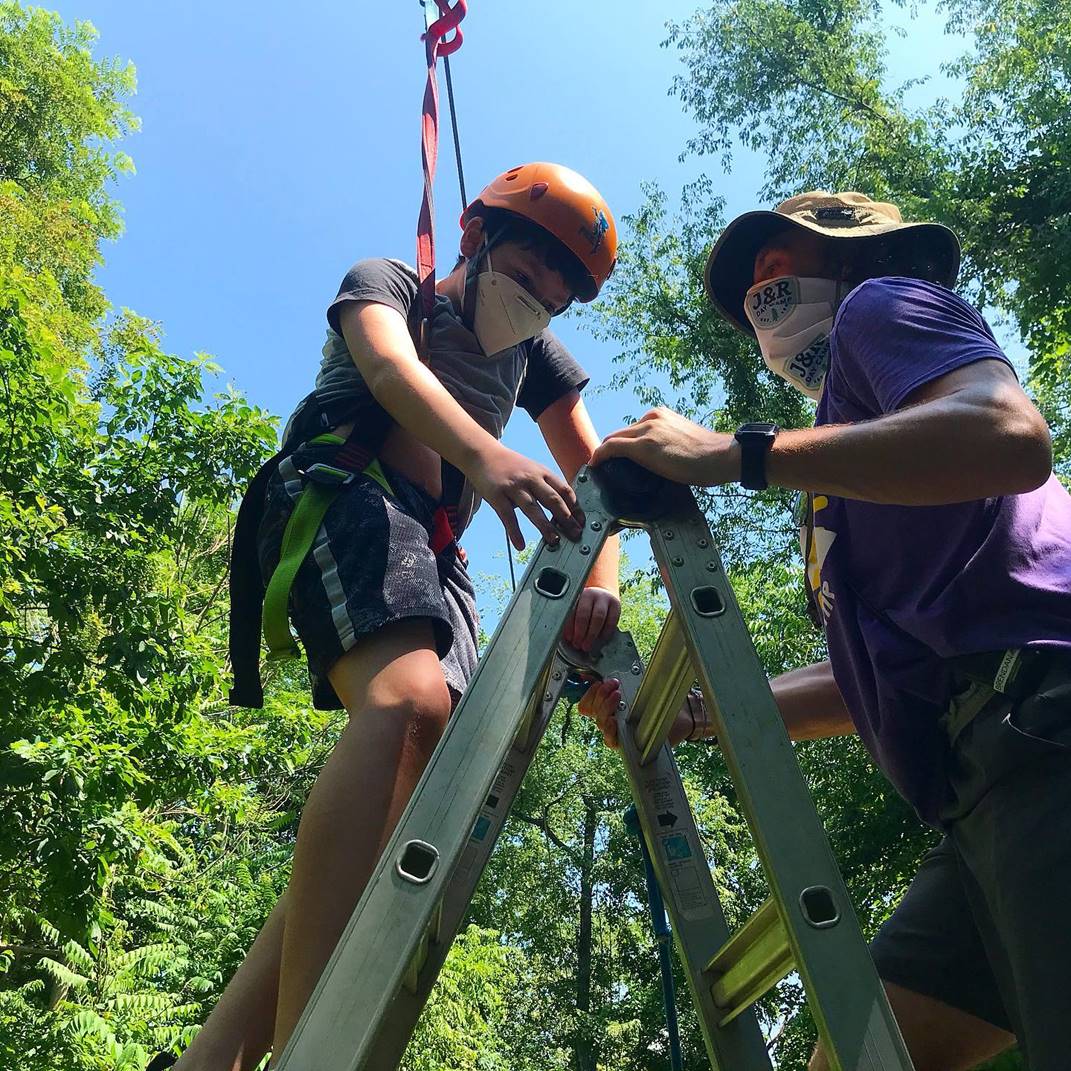When I entered the professional world of day camping in 2017, I thought camp was really just a way to keep kids occupied and entertained in the summer months so parents did not completely lose their sanity (myself included up to that point in time). I had no concept of the thought and attention that was put into crafting opportunities for campers to grow and to allow for them to be their best, authentic selves in a safe and fun environment. Perhaps I was naïve, but I was unfamiliar with the concept of Social and Emotional Learning (SEL), let alone the way in which traditional day camping is uniquely situated to be able to transfer these skills to children by incorporating them into every day, fun and engaging, activities.
While we all were quick to realize the academic impacts of the COVID-19 pandemic, the social and emotional ones took some time to tease out. Kids have taken a long hiatus from direct interaction with one another. Whether it was three months or seven months, the social and emotional implications of that type of isolation from other children is incredibly impactful on our youngest citizens. As parents, we know that on a normal week we have to remind our children to be kind to classmates, include others, and share nicely at least 3.2 million times (or at least it feels that way). Imagine a world where children did not have to do any of those things and got used to a more self-centered lifestyle. Forget that. We don’t have to imagine it – it’s our reality.
Camp afforded families who were comfortable the opportunity to start to that re-entry. Children were able to get back into a routine of sharing with others and being inclusive and inviting of those around them. Fast forward a few months into a classroom or “classroom type” pod setting. Many children have struggled with remembering these same basic social and emotional skills or translating them back into an academic setting. After all, these skills are not innate. Everyone must learn to be a responsible citizen of the world, and we rely on our schools to do much of that teaching for us.
While the schools have done a tremendous job and spent countless hours and weeks adapting academics to the virtual world, SEL is, by its nature, more difficult to translate. What good is it to have a lesson on sharing with classmates when a child cannot practice those skills in real time?
When the JCC launched All Day at the J, a program that creates pods of students in which staff support virtual learning, we were focused on ensuring that the academic needs of the children were being met. But, as camp professionals, it was not long before we recognized the need to incorporate what we do best – camp – into the daily routines of the children. Let’s use our expertise at encouraging and guiding the social and emotional growth of children with the children that walk through our doors every day.
It is now more apparent than ever that camp and its commitment to the social and emotional growth of its campers has a place in communities year round. Our campers and their well-being is at the forefront of our minds year round, so it seems only appropriate that we find ways to bring that to you – our community – at every possible opportunity. Not only is this moment in time not an exception, it is a shining example




